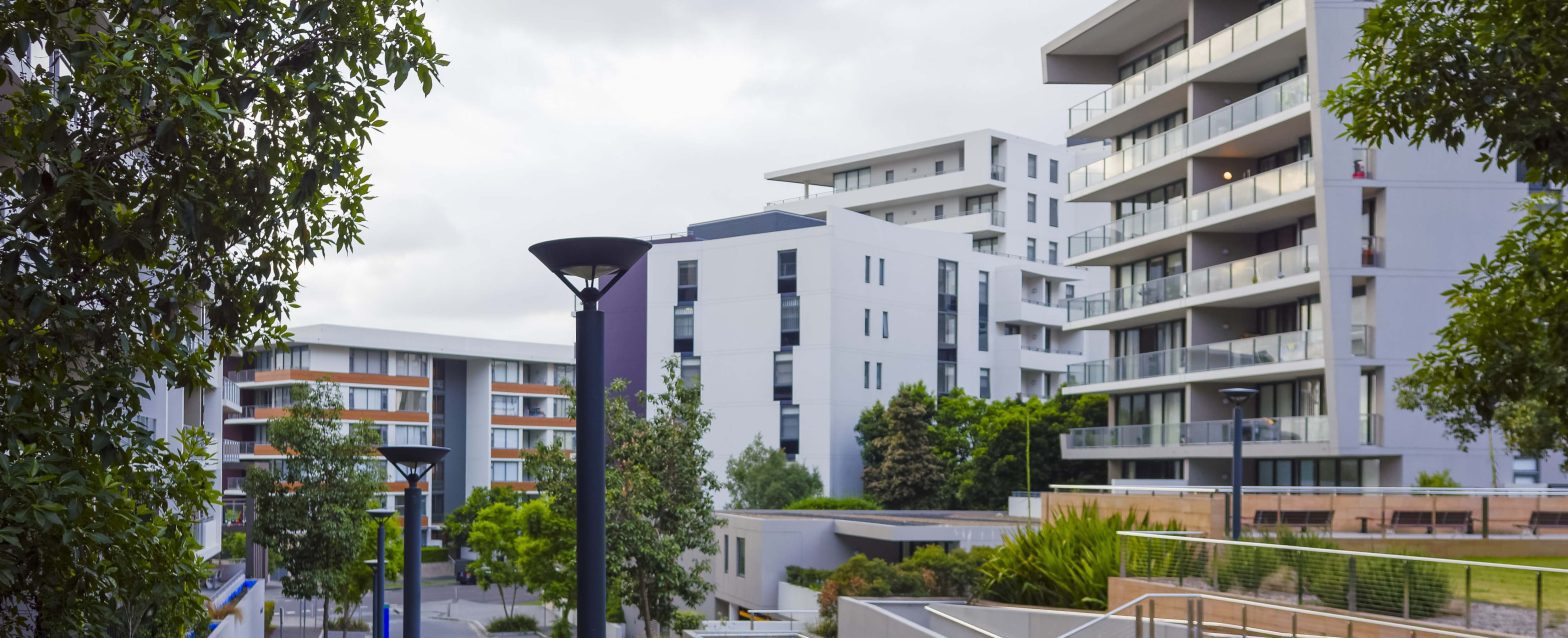Article 1/3: What’s Really Going On?
I need to tread carefully here. I’m about to say that most strata reports you see today aren’t up to scratch. But my business prepares strata reports too, so it’s easy to sound like that person who says, “Our product is great, but everyone else’s is rubbish.” However, that is not my point. I think you already know that a lot of reports are terrible.
I have put together a three-part series of articles to unpack the current state of strata reports, so you might better understand the reasons for the current problems and to suggest some solutions.
- This article (Article One) will set the scene — outlining what we’re seeing in the market right now and why it’s an increasing problem for buyers, agents, and search businesses alike.
- Article Two will look back — exploring how we got here and what has led to the steady decline in the quality of strata reports.
- Article Three will focus on solutions — offering practical, real-world steps we can all take to deal with poor quality reports and help improve the standard and reliability of strata reporting going forward.
I’ve been concerned about the quality of strata reports for a long time. You see, when we first started completing these reports over a decade ago, it quickly became apparent that we couldn’t rely on the quality of work done by any of the people we engaged to complete our reports. Even the best operators – well-educated and experienced – regularly made mistakes or left out important details. After all, the vast majority of search businesses in NSW operate as sole traders, often working from home with no team or support systems in place. That means they’re responsible not only for conducting searches of strata records, but also for checking their own reports – hardly a recipe for consistent quality.
Because all of our reports went out under the EYEON brand (and still do), that was a big problem as I simply wasn’t willing to let sub-standard work reach our clients. So, we introduced a comprehensive quality assurance (QA) process, where every single report was being independently reviewed before it was released. We still follow this process today. After checking thousands of reports, we’ve built up a rich dataset of the things that need to be checked to ensure a consistent level of quality.
But we didn’t stop there. Over the past couple of years, we’ve been asked – by buyers, conveyancers, and buyer’s agents – to review hundreds of strata reports from nearly every provider across NSW. And the results are ugly.
Many of these reports have been commissioned by selling agents. As you may know, it’s now fairly standard practice for selling agents to arrange for a strata report before property marketing starts. Some people are understandably sceptical about the independence of these reports – and I don’t blame them.
But I’ll be honest: my business invented and introduced the concept of the “vendor report.” Our aim was to make property information more accessible and affordable for buyers. With a low download fee and no further payment unless you purchase the property, this model was designed to reduce the high cost of due diligence – especially in a competitive, auction-driven market like Sydney.
But with this model came pressure. We’ve had some selling agents requesting changes to reports, particularly building and pest inspections. But we’ve always drawn a clear line: we’ll only make changes if there’s a factual error, or if an issue has been properly resolved and documented. In some cases, we’ve chosen to stop working with agents who’ve tried to influence content of our building and pest reports.
Interestingly, we’ve rarely encountered the same pushback from agents on strata reports. That’s likely because these reports are largely factual – summaries of the available records – so there’s far less room for interpretation and subjectivity compared to building and pest reports.
But while I don’t believe vendor-commissioned strata reports are inherently less trustworthy, it’s important to recognise that the overall standard of strata reporting left much to be desired from the start. And over the past few years, a few key changes have made things worse. As a result, the overall standard of strata reports has fallen, and we have been in an ideal position to see these impacts through our own QA processes and through our reviews of reports prepared by other strata businesses.
In the next article, let’s take a closer look at the issues that I think are contributing to the decline. There are a few main factors, including the move to online searches (started in Covid and now 95% of all searches), the rise of ordering platforms that take a cut from each job but don’t do any of the work, searching businesses trying to maximise revenue by taking on more jobs per day and an increase in the complexity of some buildings.
Michael Ferrier
Eyeon Property Inspections
https://www.eyeon.com.au/





